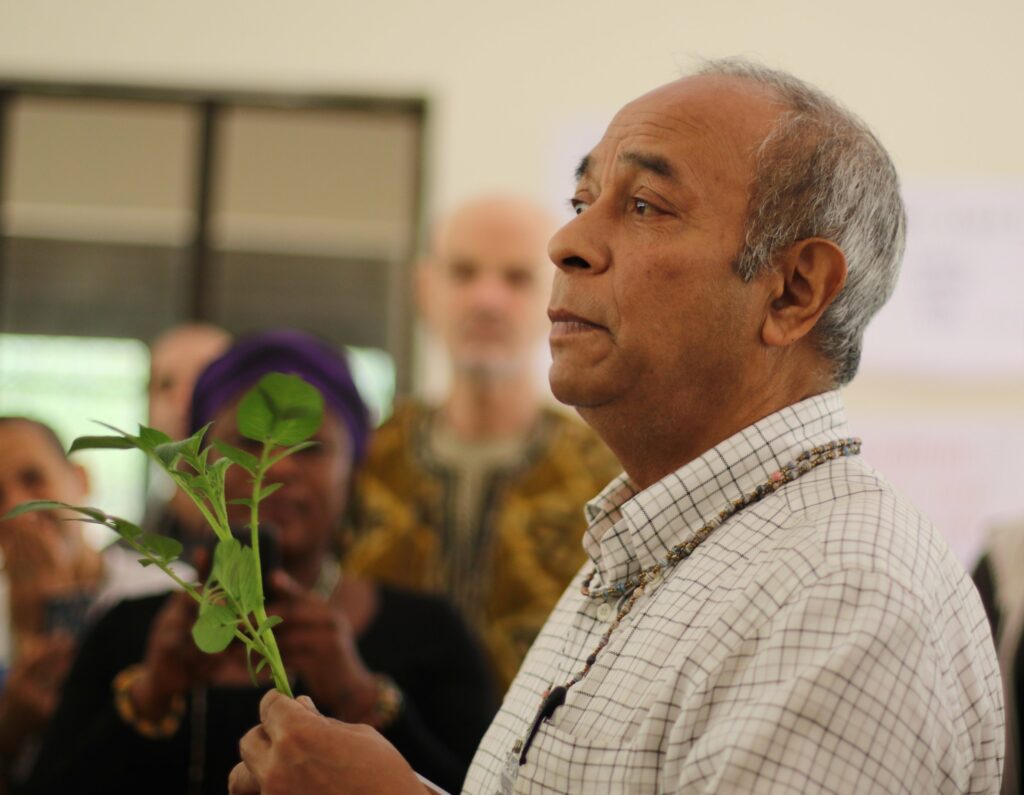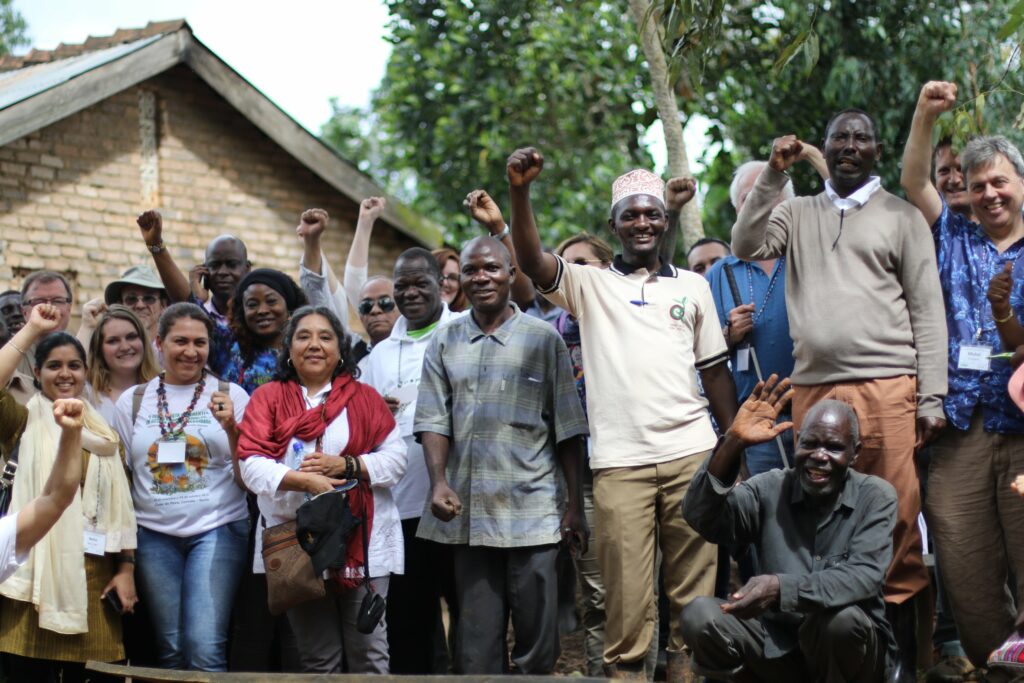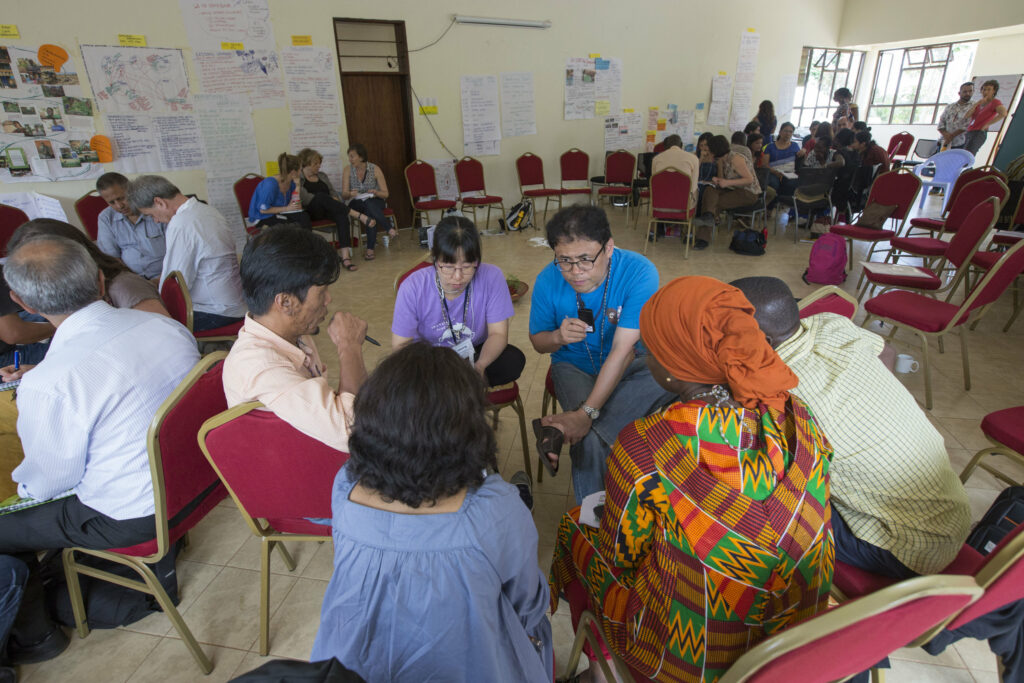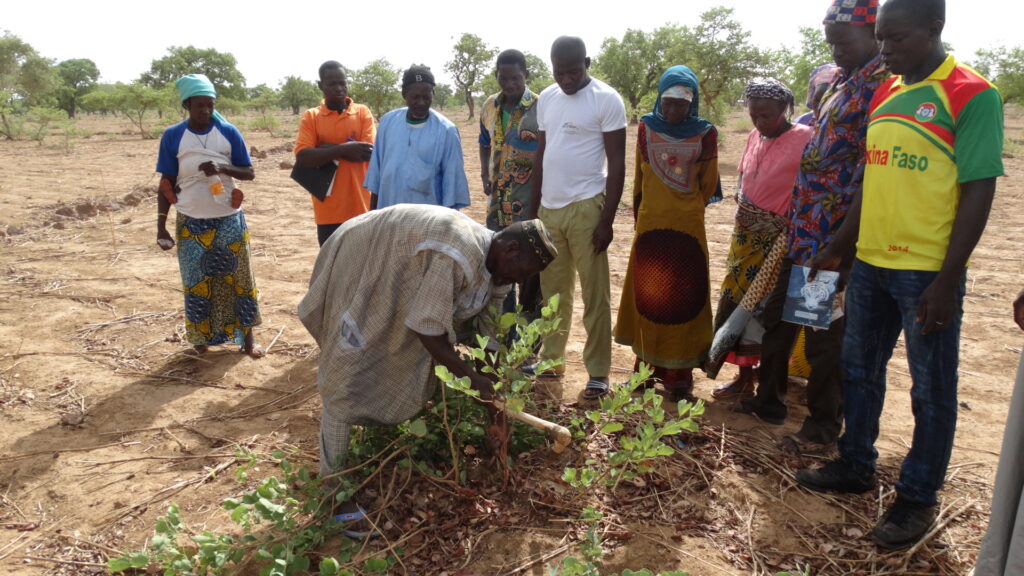The North East Slow Food and Agrobiodiversity Society (NESFAS) is a grassroots organization in Shillong, India, that is closely linked to the Rome-based Indigenous Partnership for Agrobiodiversity and Food Sovereignty. NESFAS promotes ecologically and culturally sustainable agriculture and food systems that are embedded in the culture, traditions and emerging practices and culture of the peoples of North East India through food festivals, biodiversity fairs, exchange visits, local, national and international workshops and other initiatives that are agreed with participating communities and partners.
The Northeastern region of India is a bio-cultural hot-spot, home to some 235 tribes living for centuries in harmony with their environment. This region accounts for 67 percent of the biodiversity of India, and it is estimated that around 640 rivers criss-cross the region. Meghalaya, the headquarters of NESFAS, literally means “the home of the clouds” in Sanskrit and experiences the heaviest rainfall in the world.
There exists a rich traditional and cultural practice among the indigenous peoples inhabiting this bio-diverse land, where agriculture is the mainstay of the people. Traditional agricultural practices have been sustainably in vogue for centuries, but with the advent of the Green Revolution and globalization with all its ramifications, these local knowledge systems and values are slowly being eroded and replaced by modern agricultural practices which, needless to say, have brought more problems than solutions.
In this context and challenges, NESFAS works to promote indigenous knowledge systems to empower local communities on the Slow Food concepts of good, clean and fair food. Efforts are being made by NESFAS and its participating communities to internalize these principles in the local food systems linked to their intrinsic wisdom of the ages. NESFAS works towards the preservation of the “heritage agriculture,” where land management, livelihoods, relationships and wellbeing are deeply rooted in nature. We firmly believe that it is the flavor and wisdom of the communities that forms the guiding principles for future action to ensure that every member in the community is involved and no one is left behind.

Based on these principles, NESFAS organized the Indigenous Terra Madre (ITM 2015) in Shillong last year. This event was unique in that it was led by 41 communities of the North East and backed by the government and a host of international partners and donors. This unique global event served to amplify the voices of the local communities, which were heard worldwide. The event showcased the rich culture and traditions of the tribes of the North East, who steward vast biodiversity. The most inspiring aspect of the ITM was the wholehearted support of the chief minister and the local government that came forward with 50% of the finances to carry out the gathering and offered the services of all its departments and manpower. The government offered itself as a partner with NESFAS and the communities and not as a leader. The government even went a step further by asking NESFAS to conduct smaller ITMs for the North East, as well as a national ITM on a regular bi-annual basis.
Inspired by the success of the ITM, where the ownership and leadership was taken up by the communities to showcase their ancestral wisdom and the avowed principles of NESFAS , a conscious decision was taken to take up heritage agriculture and knowledge systems as a major plank of “the future we want”. The heritage agriculture of the North East India embodies most of the principles of agroecology and it is the endeavor of NESFAS to serve as a platform for a sensible fusion of traditional wisdom and scientific knowledge as well as research. With the very proactive resonance of the government, we had hoped that policy changes would also follow and that the government would continue to partner with NESFAS. Indeed, initial discussions have seen a commitment from the government to support the setting up of agroecology schools in the state. Several universities in the state have also voiced their eagerness to open agroecology departments in their institutions.
NESFAS looks forward to creating an agroecology hub in North East India, which would not only preserve the indigenous practices and wisdom but would also bring about a vibrant, sustainable and equitable ecosystem for the sustenance of our future generations.
Dr. Carl O. Rangad is the Vice Chairman of Operations at North East Slow Food and Agrobiodiversity Society, India.










